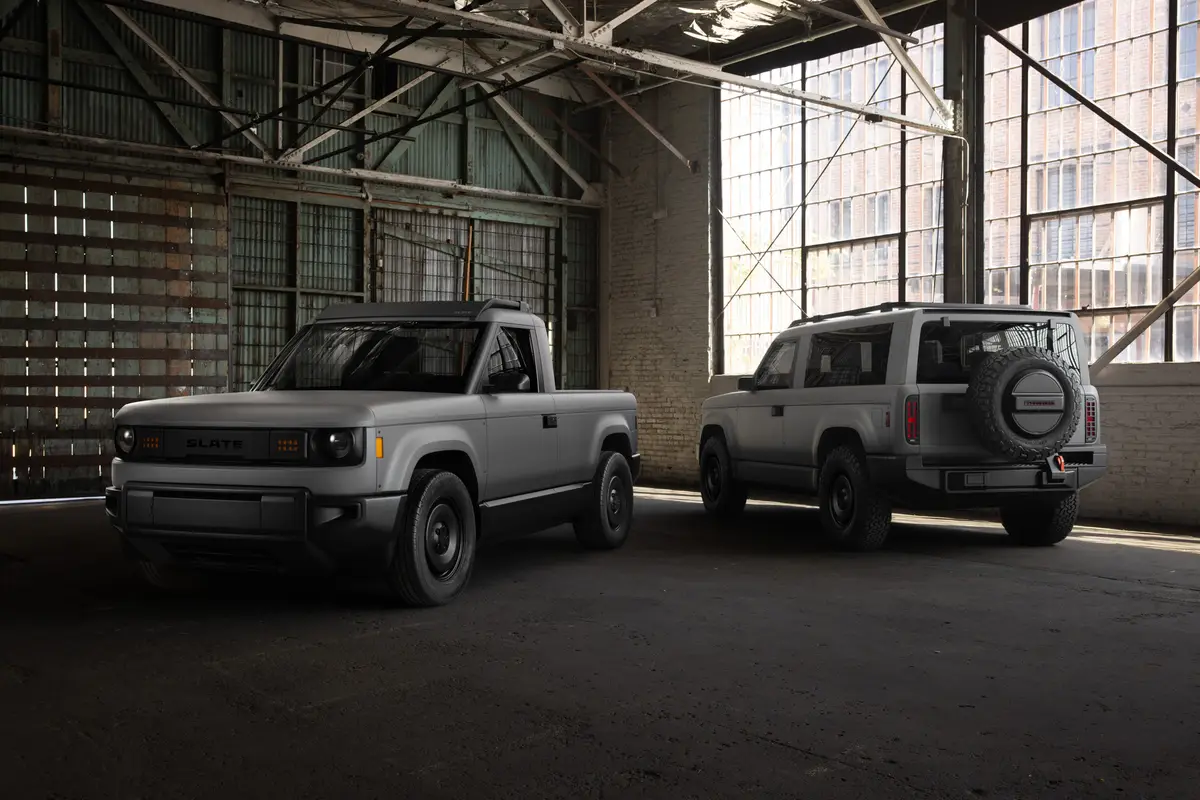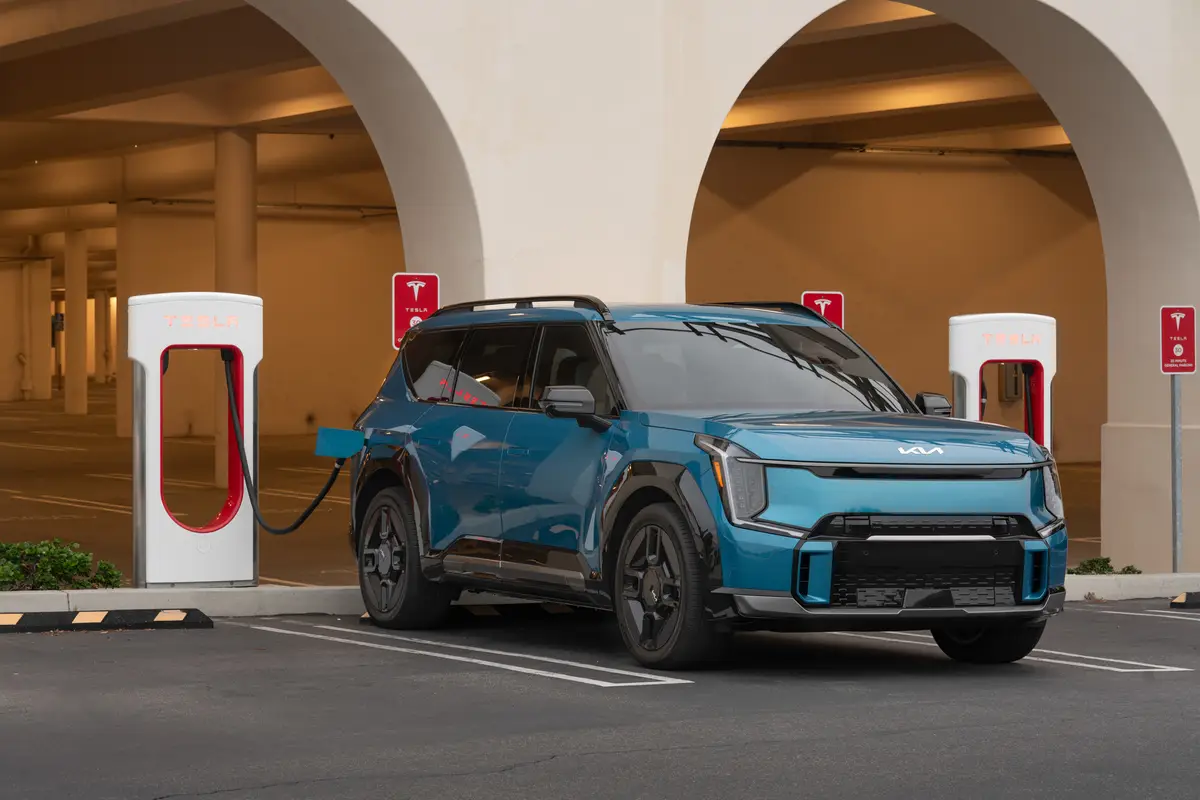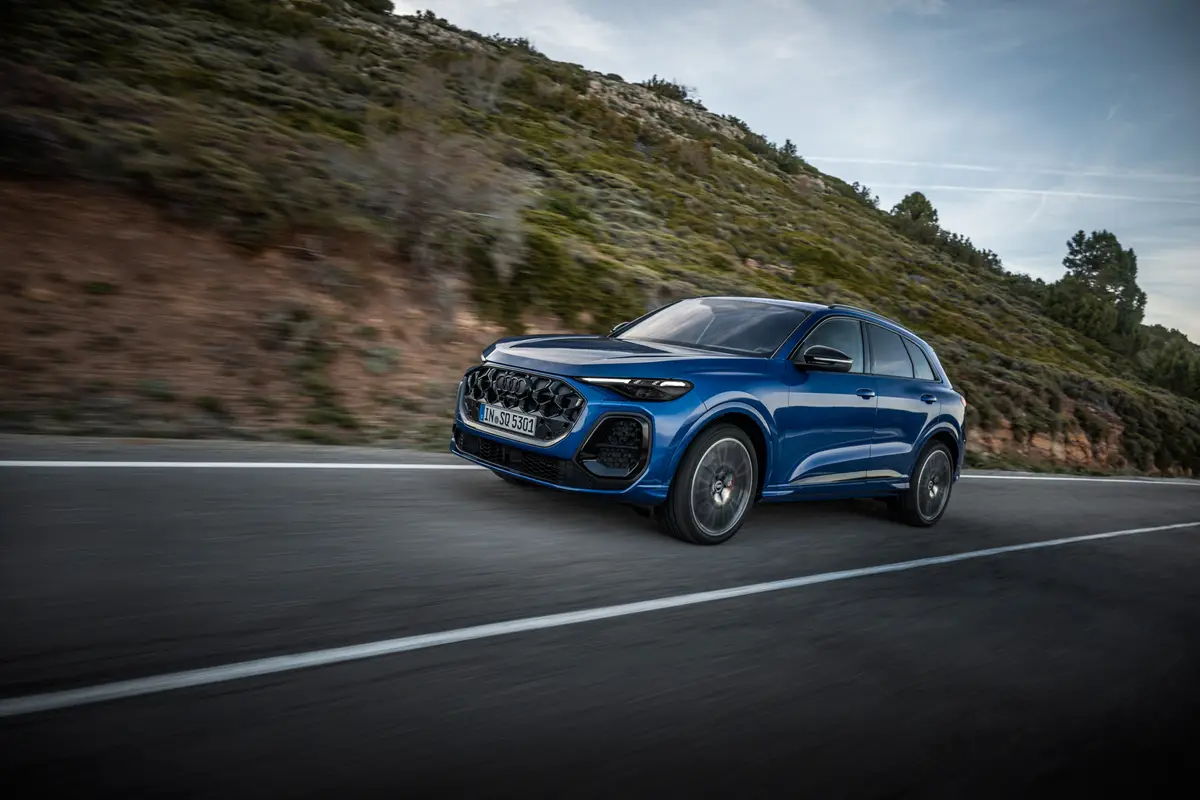washingtonpost.com's view
Markets have no conscience. For business, that is a good thing. A need arises. A fad emerges. Markets find ways to serve and profit from both. That is their logic. And that is the only way to make sense of the 2007 Audi Q7 4.2 sport-utility vehicle.
It is a wondrously luxurious machine, beautiful in presentation and performance. But I had difficulty warming up to it because of where I had been and what I had seen several days before getting behind its wheel.
I’d gone to Brazil to look at what that oil-short country has been doing with alternative fuels, particularly ethanol derived from sugarcane crops. I learned a lot. The success of Brazil’s alcohol fuels program has helped give that country the energy independence U.S. politicians dream and talk about. I saw a lot — the debilitating poverty of much of the Brazilian population, including families sleeping along roadsides on the outskirts of Sao Paulo.
You witness that sort of human struggle, you see the sacrifices people make elsewhere just to make it to the next day, and you come back to the United States and jump into a $60,000 sport-utility vehicle that gets 14 miles per gallon in the city and 19 miles per gallon on the highway using premium unleaded gasoline and, well, you suffer a kind of psychic disconnect.
It’s not Audi’s fault. Nor is it the fault of the Q7, nor of the mostly Western economies that can support its purchase. Markets are amoral. They neither assign nor accept fault. They simply take cash or credit.
Although it seems counter-intuitive as gasoline prices rise, there are hundreds of thousands of people in the United States — as many as 700,000 prospective buyers, according to some auto industry estimates — who remain willing and ready to pay big money for big truck-based sport-utility vehicles, or for fancy, car-based crossover sport-utility models such as the Audi Q7.
As long as those buyers are there, the manufacturers of those vehicles will be right there with them. If and when demand fades, those products will disappear. Markets have no loyalty. Their only concern is how to maximize profitability on the next best thing.
In that regard, the new Q7 is a winner. It comes late to the sport-utility party, especially to that high-end segment that has been hauling away big profits for the past 10 years. But the all-wheel-drive Q7, which shares design and engineering characteristics with the Porsche Cayenne and Volkswagen Touareg SUVs, comes loaded, positioned and priced to sell.
The Q7 has the V-8 Cayenne’s crisp on-road handling. But it’s more attractively styled — that is, except for the horse-collar grille that is now Audi’s design signature. The Q7 is 13 inches longer than the Touareg and nearly 12 inches longer than the Cayenne, extra room that allows Audi to install a third row of seats.
An optional three-piece, panoramic sunroof stretches over all three seating rows — a welcome feature, especially for the rearmost passengers who otherwise might feel cooped up in the dark. Thanks to an optional adaptive air suspension system, which allows the vehicle’s ride to be softened or hardened — that is, switched to “normal” or “sport” — passengers front, center and rear like the way their bottoms and backs are treated on long drives. It also helps that the leather-surface seats in the tested Q7 are among the most comfortable installed in anybody’s SUV.
Other amenities and conveniences include an onboard navigation system and a backup camera that delivers crystal-clear color images on a dash-mounted screen. There are also electronic aids to help dock the Q7 without dents, bumps or scrapes. There are voice recognition controls, a push-button ignition and Sirius Satellite Radio.
From a product viewpoint, there is little to hate, much to love — including the Q7’s 4.2-liter, V-8 engine, which can develop a maximum 350 horsepower and 325 foot-pounds of torque. That’s a lot of muscle, even for a vehicle weighing 5,269 pounds.
I tried to reconcile the two worlds — the one I toured in Brazil and the one I toured in the United States within the elegant confines of the Q7. I couldn’t make much sense of it. Perhaps a global oil shortage, should that unhappy event ever come about, will.
Latest news



